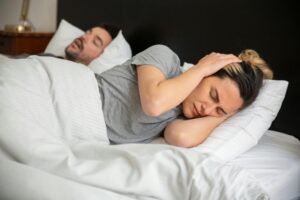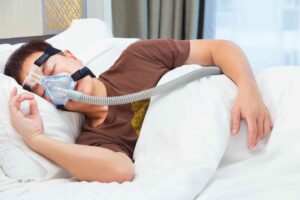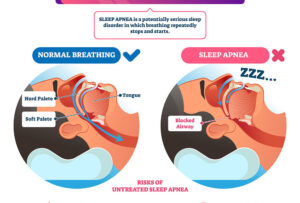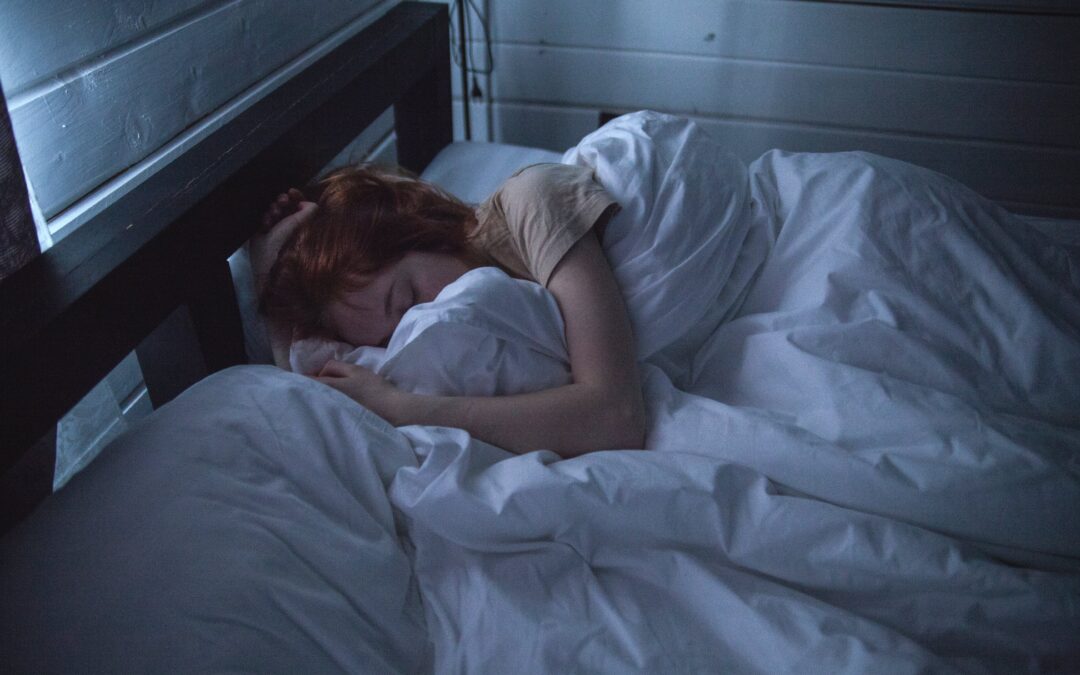 What is sleep?
What is sleep?
A state of reduced mental and physical activity in which one’s consciousness is
suspended and sensory activity inhibited to certain extent. Sleeping is one of the ways that
human beings rest. So much so, that we need a number of hours every night in
order for our bodies to continue functioning and properly at that. Good sleep improves brain
performance, mood and health in general.
The Circadian Influence
Following the circadian cycle, how much we rest isn’t as important as how well we rest.
Being energized after a night’s sleep or even a nap is greatly influenced by the quality and has little to do with how long one sleeps.
Elements Impacting Quality Sleep
Feeling energized and capable after waking up defines a good night. It is qualitative in that the mind is refreshed and renewed to take
in various thought processes. The consciousness must rest as much as the body rests.
Medical conditions, medications, stress levels, the environment and the foods and fluids
one consumes can affect and influence a person’s sleep. Looking into the
environment, exposure to light, warmth, silence or lack thereof can affect a person’s
restfulness. It’s almost impossible to fall asleep in a noisy environment; though some people
require some form of music to lull them to sleep. This explains why having a snoring
roommate can really irk sometimes and affect one’s quality of being in bed. On the flip side, the
person snoring may not be getting enough air, especially if this is as a result of an underlying
condition we’ll look at below. Air quality is also an important sleep factor with cases of
respiratory illness being reported when children and adults discovered that the rooms in
which they slept were moldy
 Snoring
Snoring
It’s annoying when your roommate does it and embarrassing when someone tells
you, matter of factly, that you do it.
Snoring is quite common but can also be serious depending on the factors leading to it.
Statistically, more men snore than do women. Independently, snoring is not harmful to one’s
health. But when snoring is as a result of sleep apnea, there are risks connected to diabetes,
high blood pressure and cardiovascular diseases among other conditions.
Sleep apnea
 This is a common condition in which one’s breathing stops and restarts many times
This is a common condition in which one’s breathing stops and restarts many times
while a person is sleeping. This condition prevents one from getting enough oxygen and may
in turn affect the quality of life. Snoring is one of the symptoms of this serious condition.
Other symptoms are such as awakening with a dry mouth, having a headache in the
morning, insomnia, excessive daytime sleepiness (hypersomnia)
and depression among many others.
Addressing Sleep Apnea Gender Disparities and Treatment Options
Again more men than women suffer from this condition.
Harvard School of Medicine has developed a guide for diagnosing and dealing with the
condition. According to the guide, there are various ways of dealing with the condition such
as home remedies, prescribed medications as well as lifestyle changes.
There are several anti-snoring products in the market that can enable one as well as those
 around them to have a quiet and peaceful night.
around them to have a quiet and peaceful night.
Aside from this, the guide offers the following:
● How to diagnose sleep apnea
● Dental appliances that can relieve snoring (as well as the pros and cons of using
them)
● Positive airway pressure (PAP) devices that alleviate the effects of apnea and,
effectively, snoring.
● Surgical implants that have been proven to work better than PAP devices
● So much more…
We’ll explore practical tips for seniors to enhance their sleep quality.
- Establishing a Consistent Routine: A regular sleep schedule helps regulate the body’s internal clock, making it easier for seniors to fall asleep and wake up naturally.
- Creating a Comfortable Sleep Environment: Ensure the bedroom is conducive to rest, with a comfortable mattress, pillows, and controlled temperature, minimizing disruptions like noise and light.
- Prioritizing Physical Activity: Regular exercise contributes to better sleep. Seniors benefit from scheduling physical activity earlier in the day to avoid its stimulating effects close to bedtime.
- Mindfulness and Relaxation Practices: Seniors can incorporate relaxation techniques such as deep breathing, meditation, or gentle stretching before bedtime to calm the mind and prepare for a restful night.
- Addressing Sleep Apnea: If this is suspected, consult a healthcare professional for tailored solutions, which may include CPAP therapy or lifestyle adjustments.
- Managing Snoring: Lifestyle changes, including weight management, avoiding late-night alcohol, and sleeping on one’s side, can help minimize snoring disruptions for seniors.
- Dietary Considerations: Opting for friendly snacks and avoiding heavy meals, caffeine, and nicotine close to bedtime can positively impact sleep.
- Regular Health Check-ups: Seniors should prioritize regular health check-ups, as certain medical conditions and medications may affect sleep. Discussing this concerns with healthcare professionals can lead to personalized solutions.
Ensuring quality sleep is particularly crucial for individuals with dementia. Establishing a conducive sleep environment, managing stress levels, and adopting a consistent bedtime routine are practices that can significantly improve the sleep patterns of dementia patients. Quality sleep not only enhances their overall well-being but may also contribute to better cognitive function and emotional stability. As we explore ways to optimize sleep in our broader community, it’s essential to extend our understanding and support to those dealing with dementia, emphasizing the positive impact that improved sleep can have on their daily lives. For more insights on enhancing sleep for individuals with dementia, check out our dedicated blog on “How Dementia Patients Sleep Better at Night.
Conclusion
The diagnosis for sleep apnea is so simple, one can actually do it themselves. It
has actually been misdiagnosed with depression. Having this guide is actually necessary to
improve one’s health, prevent misdiagnosis for condition stat may be confused with
apnea and also prevent conditions that arise as a result of sleep apnea
Like and follow us on Facebook, Instagram & Twitter.
Subscribe to our YouTube Channel



